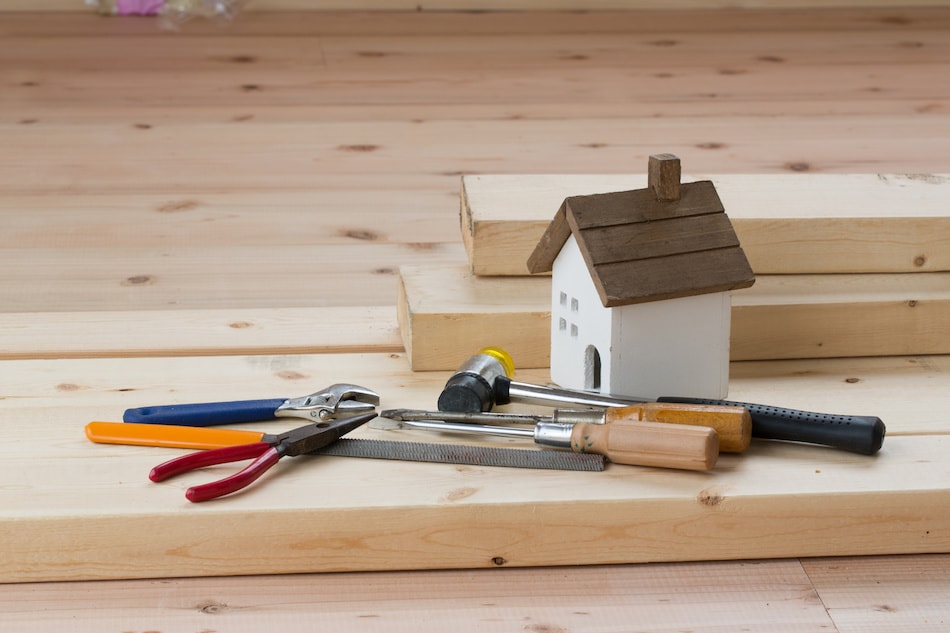 Fixer upper properties present a fun challenge to homeowners who enjoy making repairs and taking on DIY projects.
Fixer upper properties present a fun challenge to homeowners who enjoy making repairs and taking on DIY projects.
Buying a fixer upper can also enable a home buyer on a budget to obtain a property in a more costly neighborhood than what might otherwise be possible.
However, there is an art to purchasing fixer upper properties. Knowing what to look for and what problems to avoid can help your real estate transaction go as smoothly as possible.
Look for Cosmetic Fixer Uppers
Cosmetic improvements, like painting the walls and refinishing the cabinets, are all changes that cost little but pay back well at the time of sale. Structural improvements are less lucrative, because buyers expect the major systems of the house to be in proper working order when the house is sold - and these systems can be quite costly to repair or replace.
To get the most return on your investment, especially if you are not well-versed with major repairs, it's typically a good idea to purchase a fixer upper that needs mostly cosmetic improvements.
Get the Right Kind of Loan
Many types of loans will not cover the cost for repairs or improvements on the property. If you expect to borrow money to make improvements to your home at the time of purchase, work with your lender to see if a renovation loan would make sense for these purposes in your situation. Be up front with your lender about your expectations to ensure that you can secure a loan that will meet your needs.
Get Several Thorough Inspections
Home inspectors will check most of the major systems of the home and point out potential problems that they see. However, getting an inspection is only the first step in determining the needs of the home you wish to buy.
Once an inspector has seen the property you wish to purchase, use the report to determine what parts of the house will need to be repaired upon move in. Work with a contractor to get an estimate and a second opinion about which repairs should be prioritized, and what their cost may be. You may need to meet with several different types of contractors to get a full picture of the extent of the work that needs to be completed.
Plan Repairs Carefully
Keep in mind that some repairs will influence other repairs. For example, a home with foundational problems should not undergo interior renovations like a kitchen upgrade until the foundation problems have first been addressed. Talk to your contractor about the different types of repairs that need to be completed on the property, so your contractor can advise you about the order of repair. This will help you go into the process with your eyes open, so you can plan for your repairs ahead of time.
Prepare to Do Some Dirty Work
Basically anyone who buys a fixer upper needs to be prepared to do some dirty work when they take possession of the house. If you're not comfortable pulling up carpet, painting walls, scrubbing floors, sanding, staining and doing other similar tasks, then you may want to talk to your real estate agent about changing your home-buying goals. It can be difficult to be cost effective when paying people to do every repair, meaning many of the smaller projects that require time and effort will fall to you to complete.
Negotiate Costs
Once the inspections have been completed and the full extent of the repairs are known, talk to your real estate agent about re-negotiating the price for the home. Your real estate agent will be able to tell you whether or not a renegotiating is realistic and if so, how much you can hope to knock off the price of the house. Be prepared to walk away from the property and keep looking if necessary. This puts you in a position of power and better ensures that you'll end up with a deal that meets your needs.
Working on a fixer upper can be a very rewarding experience when done correctly. With this information, and the help of a trusted real estate professional, you should be able to move forward with confidence on your next big project.
#hw



